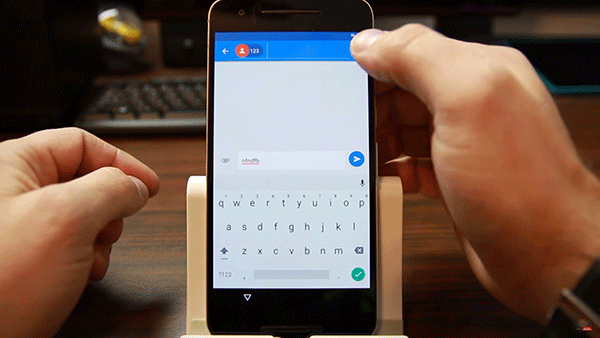According to a new report, all Android smartphones have been collecting the addresses of nearby cellular towers and then transmitting that location data back to the company's servers even if users disabled the feature.
A newly discovered Android malware dubbed Gooligan, infecting as many as 13,000 devices per day, is hijacking Google accounts to install apps from the Play Store and leave fake reviews. Here's what you need to know.
Report compares security on iOS, the mobile operating system on Apple's iPhone, vs Google's Android. Just how secure is the smartphone in your pocket?
A complex Android banking malware has been discovered which can defeat most voice-based two-factor authentication systems. Here's what you need to know about it.
Google has pulled thirteen Android apps from its Play Store, which were found to be doing nasty things like seeking root access, making unauthorized app downloads and leaving bogus app reviews. Check to see if you have installed any of these apps on your Android device.
Owners of smartphones powered by Google's Android have not had a great time of it of late, especially if they're the kind of users that worry about security. First, news came that a potentially major Android security flaw had been unearthed, leaving the vast majority of Android devices vulnerable. Good news followed in that Google was aware of the issue and had even managed to get a patch out to carriers and OEMs. Great stuff.
Android may have advanced in the past couple of years to offer a level of user experience comparable to the slickness of iOS, but thanks in part to its open source nature, the levels of malicious software and security holes have been a cause for great concern. Now, researchers have found yet another security vulnerability allowing an unscrupulous individual to potentially take full control of your control of your Android smartphone.







